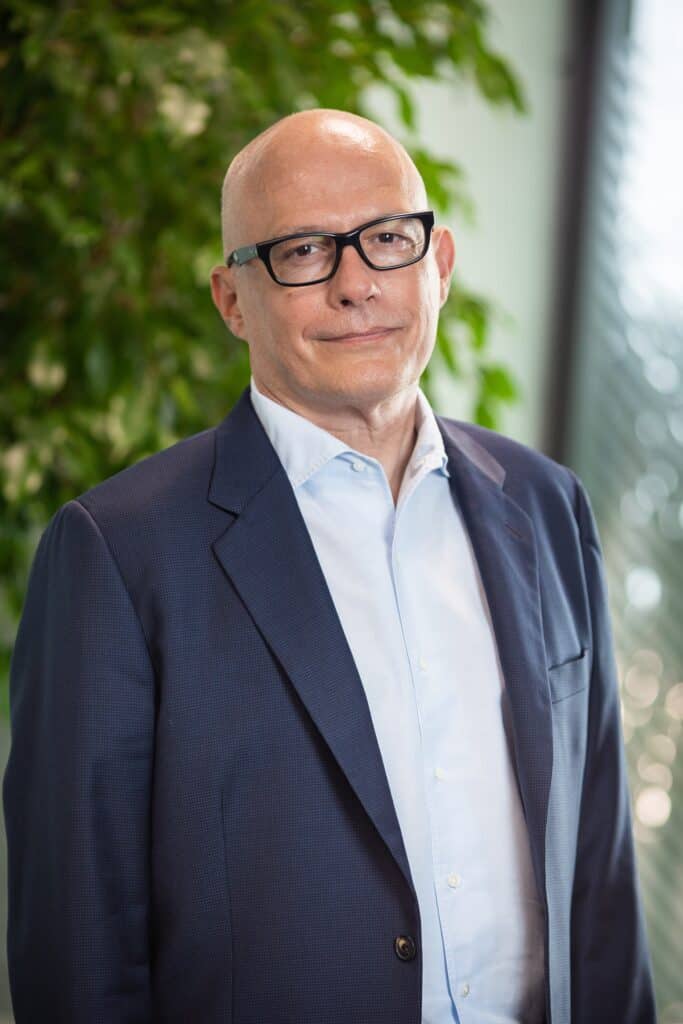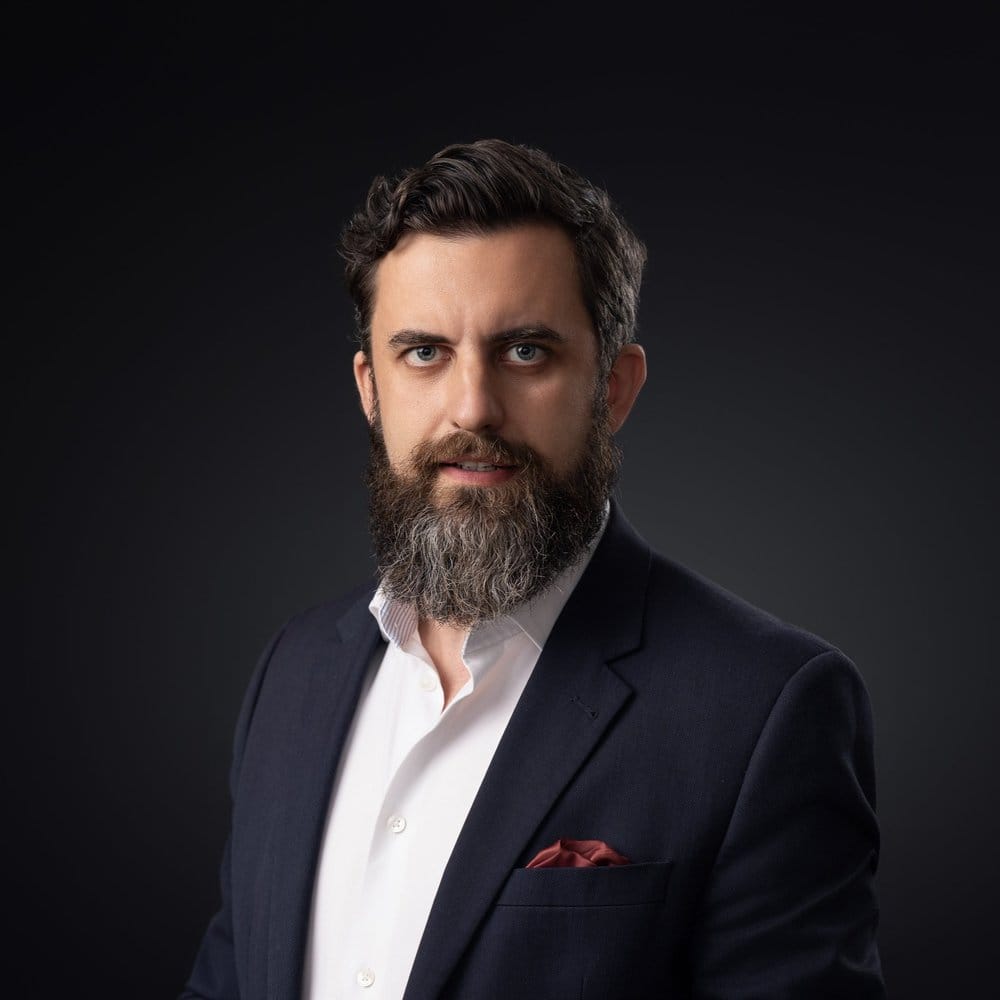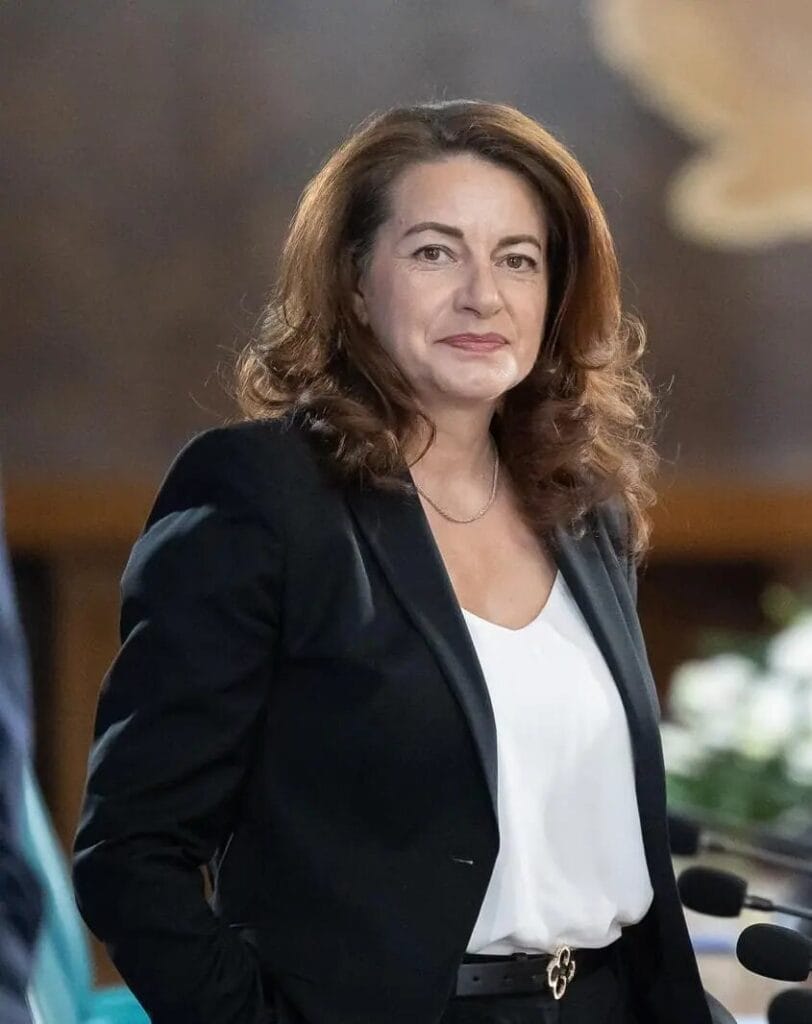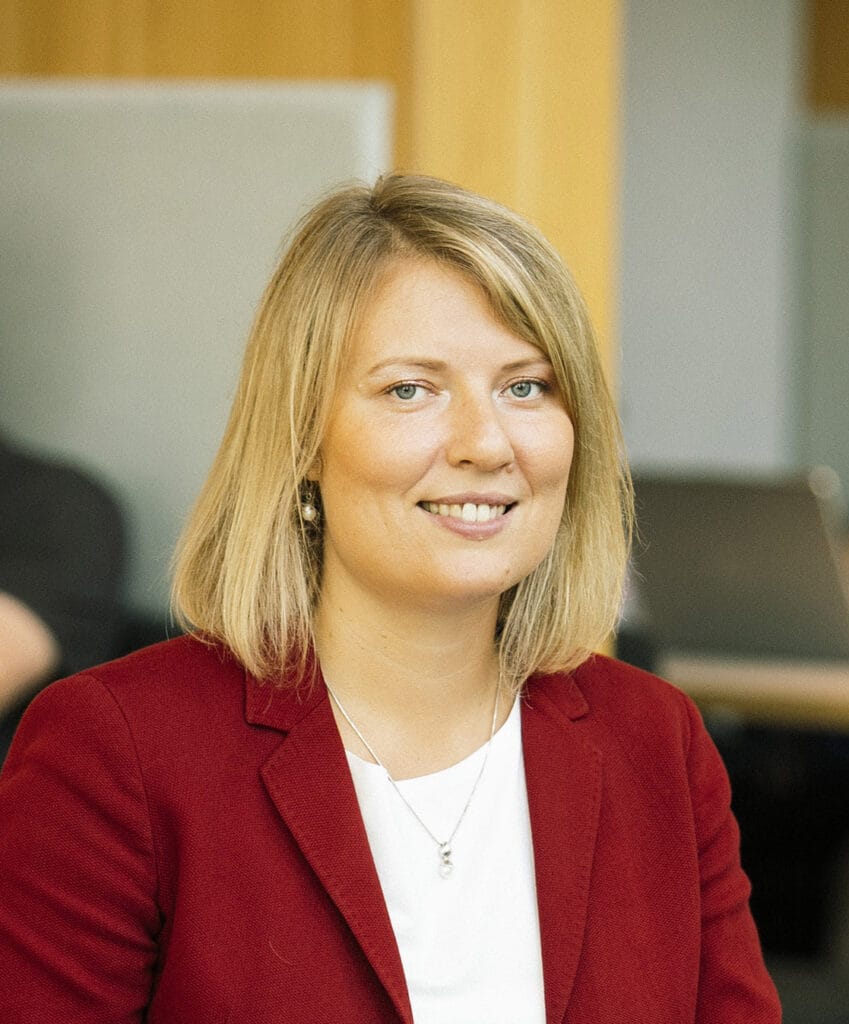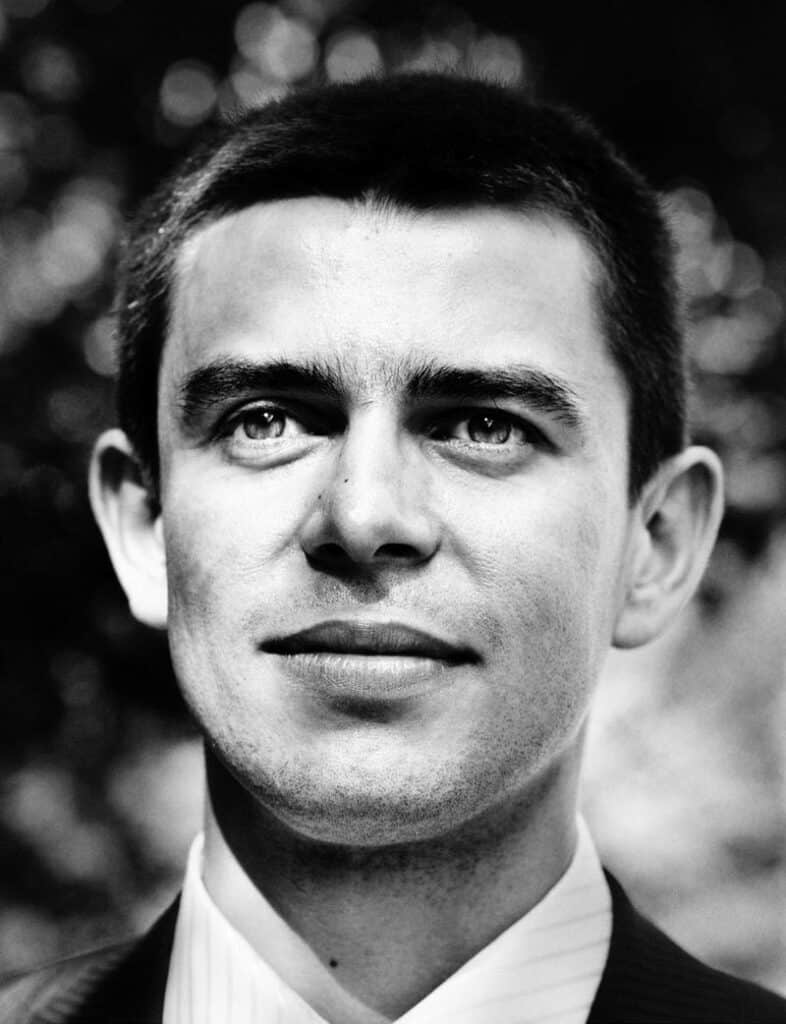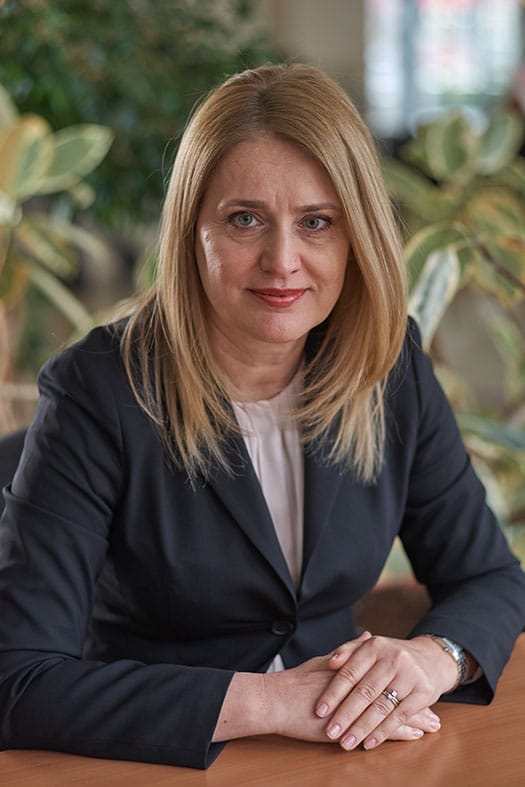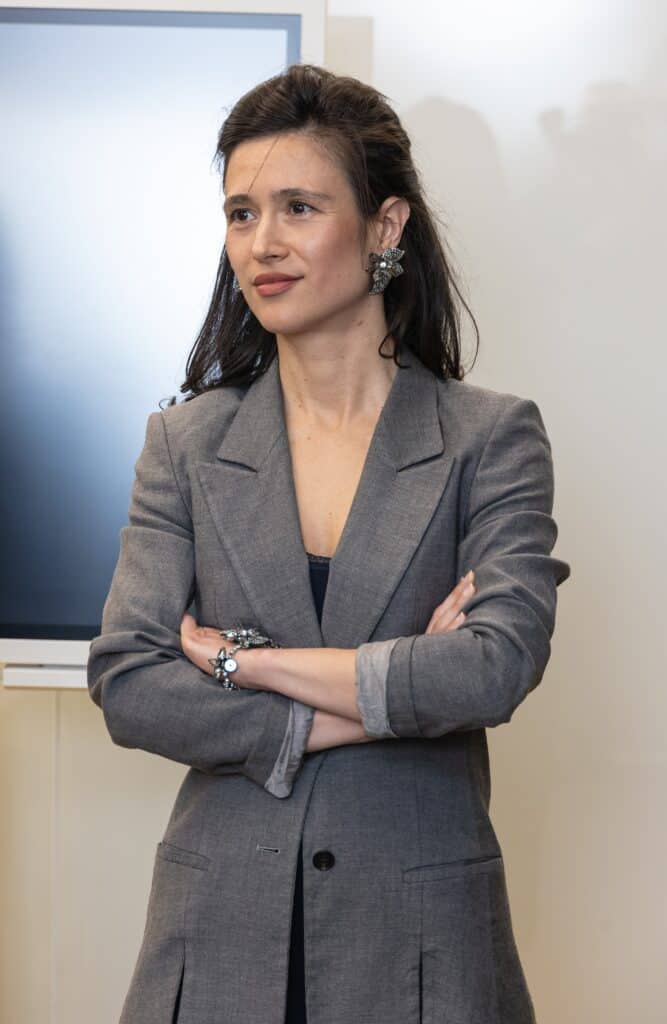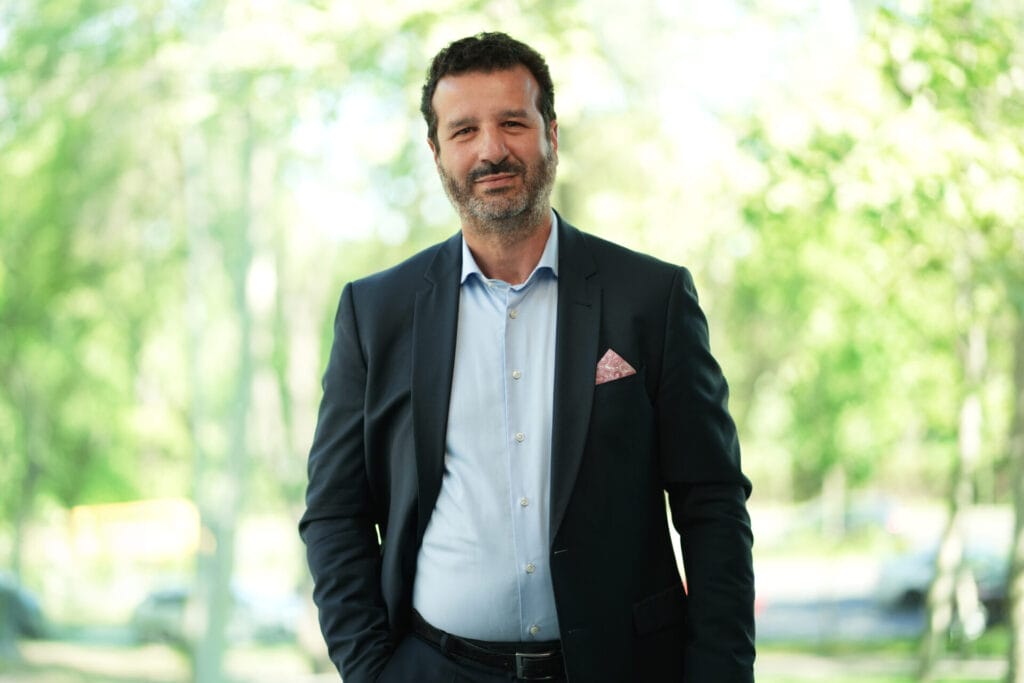A Myth Waiting to be Busted: Europe Going Too Far and Too Fast with the Energy Transition and Losing Economic Competitiveness
One common misconception is that Europe is moving too fast with its energy transition, risking economic competitiveness in the process. However, this belief overlooks a crucial reality: all major economies worldwide are accelerating their energy transitions and aiming to transform them into competitive advantages. The idea that Europe is alone in this journey is not only misguided but also ignores the larger global context.
Global Shift Toward Renewable Energy
Both the United States and China are leading examples of massive investments in renewable energy, modernized grids, electric mobility, and industrial decarbonization. These two nations, often viewed as economic rivals, are actively competing to lead the energy transition. In fact, they are not just keeping pace with Europe; they are, in some respects, moving even faster.
For instance, Texas, a state traditionally known for its strong ties to the oil industry, has become a renewable energy powerhouse. In 2023, over 108 TWh of electricity, which accounts for more than 20% of Texas’s annual electricity consumption, came from wind power—double Romania’s entire electricity consumption. Additionally, Texas generated 32 TWh from solar energy, more than any other U.S. state. Meanwhile, China is scaling its renewable energy sector at an unprecedented rate. In 2023, it generated 886 TWh from wind energy, surpassing the combined output of both the U.S. and the European Union. The country is also a global leader in the production of low-emission technologies, including wind turbines, solar panels, batteries, and electric vehicles.
Universal Objective, Unique Approaches
What’s clear from these examples is that the energy transition is a fundamental and almost universal goal, regardless of political ideology. Whether it’s the state-controlled economy of China or the emblem of capitalism in Texas, the expansion of renewable energy is undeniable. The real challenge lies not in whether the energy transition should occur, but in how it can be shaped into a competitive economic advantage.
Even though some of the specific targets set by the European Union may seem ambitious, they are part of a broader set of measures necessary to combat climate change. The ultimate aim of these policies is not just environmental sustainability but economic resilience in a future dominated by clean energy. The current energy crisis in Europe, largely driven by high natural gas prices, has shown how risky dependence on fossil fuels can be. It also underscores the need for Europe to continue investing in renewable energy, modernized grids, and electrification.
Winners and Losers in the Transition
Of course, the energy transition will create winners and losers, and it won’t be a smooth or evenly balanced process. But slowing down is not an option. Instead, each country must define a transition pathway that fits its unique context, using its technological and resource advantages to navigate this inevitable shift.
Romania, for example, is well-positioned for this challenge. The country benefits from a balanced energy mix, strong potential for low-emission energy, and its EU membership. Although there are delays in some areas, Romania’s direction appears to be in line with the rest of Europe. Investments in renewable capacities, grid modernization, and electrification of transport are already underway. While the pace may not be as fast as some would like, the trajectory is correct.
It’s not the cost of the energy transition we should be worried about, but the cost of not doing the Energy Transition
The myth that Europe is going too far or too fast with the energy transition is one waiting to be busted. The energy transition is a global movement, driven by necessity, and is rapidly gaining momentum across all major economies. It is not a question of whether Europe should continue with its transition; the focus should be on how to leverage this shift to maintain and enhance economic competitiveness. Countries like Romania, with the right policies and investments, have the opportunity to emerge stronger, benefiting from a sustainable, competitive energy system that can secure prosperity for future generations.
In the end, it’s not the energy transition that is costly—it’s the lack of it.
Curated by PPC.


